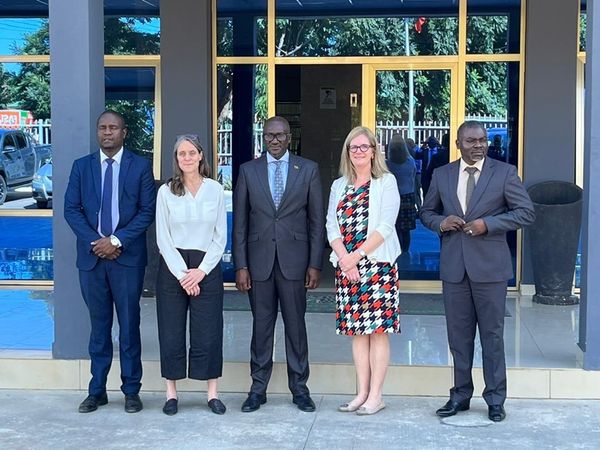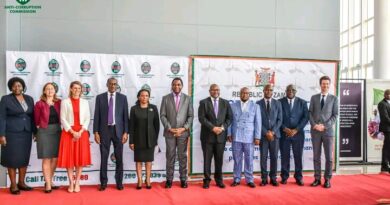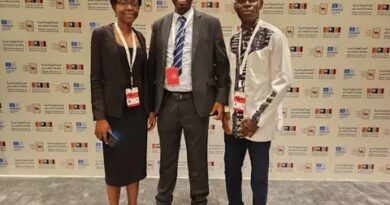USAID Supports Zambia’s Transition Away from Charcoal with Digital Equipment Donation
The Ministry of Green Economy and Environment in Zambia received a significant boost in its efforts to combat deforestation and promote alternatives to charcoal production with the handover of digital equipment donated by the U.S. Agency for International Development (USAID).
At the handover ceremony, Minister of Green Economy and Environment, Hon. Eng. Collins Nzovu MP, emphasized the urgent need to address the country’s current drought and rampant deforestation levels.
He stressed the importance of providing affordable and accessible alternatives to charcoal production, stating that simply banning charcoal without viable alternatives would not be effective.
“The transition away from charcoal is necessary for Zambia, despite the challenges it presents,” stated Hon. Nzovu. “To bolster our efforts in combating deforestation and mitigating climate change effects, the digital equipment provided will enhance our forest cover monitoring capabilities in target districts.”
The donated digital equipment includes seven sets of laptops, mobile smartphones, printers, and GPS units, valued at 450,000 kwacha ($18,000). These resources will be distributed to Forestry Department district offices in Mumbwa, Lufwanyama, Kalumbila, and Solwezi, as well as Provincial Forestry Offices in Central, Copperbelt, and Northwestern Provinces.
Speaking on behalf of USAID, Ms. Amanda Van den Dool, Deputy Director of the Office of Economic Development and Environment, emphasized the agency’s commitment to supporting Zambia’s economic growth through locally-led solutions.
She highlighted the importance of providing knowledge, tools, and technology to address challenges in sustainable landscape management, agriculture, education, health, and governance.
“In addition to providing digital equipment, USAID will offer training in remote sensing and Geographic Information Systems (GIS), as well as support in producing spatial products such as forest cover maps,” Ms. Van den Dool added.
Hon. Nzovu acknowledged the difficulty of monitoring deforestation and illegal activities in Zambia, especially given the challenging terrain.
He emphasized the role of science and technology, including remote sensing and GPS technology, in effectively monitoring forests and combating illegal activities.



